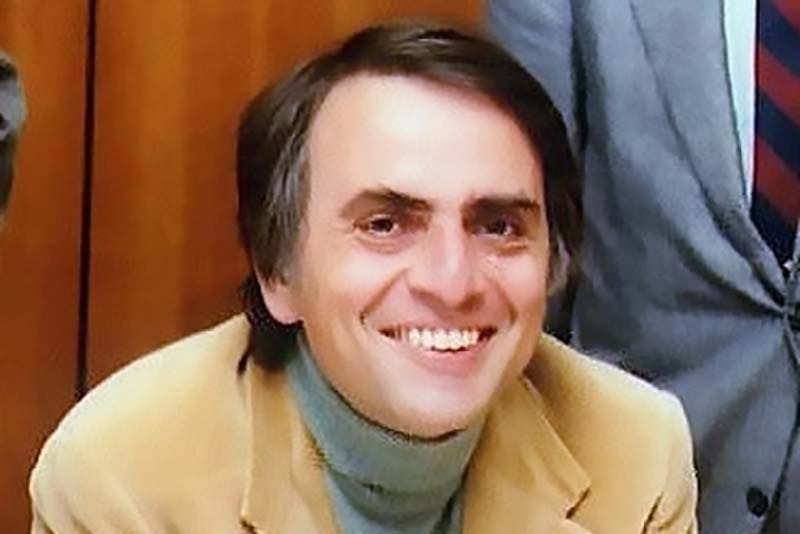Exploring Belief and Reason: A Philosophical Perspective
Written on
Chapter 1: The Nature of Belief
Throughout history, many individuals have grappled with belief systems, often arriving at similar conclusions through personal reflection. As Carl Sagan noted, the need to believe can be deeply ingrained, transcending mere evidence. I distinctly remember sitting in a Baptist church with my parents, listening to a sermon about a deity I believed exhibited less compassion than I did at a mere 7 or 8 years old.
Even at a young age, I recognized the complexities of faith and the ways in which it can be wielded by those in power to assert control over others.
Many who share this journey of questioning rarely vocalize their thoughts. I have received handwritten notes from individuals who felt our discussions were too somber and unsettling. After facing personal tragedies, I understood the importance of approaching others' beliefs with care and respect.
Some individuals have never adopted any faith, while others have distanced themselves from their beliefs after enduring significant challenges. There are also those who experience sudden doubts, comparable to the intensity of religious conversions, yet these moments may be more logically and ethically grounded. This exploration of belief is central to my understanding of human nature; we seek knowledge beyond blind faith.
I appreciate the role of science and reason in shaping our worldview, yet I recognize they are not the only lenses through which we perceive reality. We tread cautiously when confronted with ideas that contradict established scientific principles or logical reasoning. Despite differing perspectives, I value curiosity, open-mindedness, and the pursuit of knowledge for its own sake.
Section 1.1: The Role of Evidence
In my examination of beliefs, I remain open to diverse viewpoints, aware that even respected scholars may disagree on topics like punctuated equilibrium or gaps in post-Darwinian theory. Rather than resorting to personal attacks, I prefer to engage in thoughtful discussions, focusing on evidence and logical reasoning.

Section 1.2: Morality Without Religion
Despite the absence of heavenly promises or fears of hell, empirical data does not indicate that non-believers are more prone to greed or violence than those with faith. If we conducted thorough statistical analyses, the evidence might suggest the opposite.
I am protective of my existence, but I willingly make sacrifices for my children. If more individuals acknowledged the fleeting nature of life, they might be more inclined to show kindness rather than hostility.
I firmly advocate for leading a moral life independently of religious beliefs. Conversely, it is evident that religion does not guarantee virtuous behavior and may even justify actions that raise moral concerns. Notably, we, as non-believers, do not seek external validation for our principles.
Chapter 2: The Essence of Atheism
The first video, "Please Stop Saying Faith Is Belief Without Evidence," delves into the misconceptions surrounding faith and evidence, exploring the deep-rooted aspects of belief that often go unaddressed.
The second video, "Belief Without Evidence: William James and The Will to Believe," examines the philosophical underpinnings of belief without evidence, highlighting perspectives from influential thinkers.
As an atheist, I do not rely on religious figures or authorities to define my beliefs. I find rituals and ceremonies unnecessary, as well as the veneration of objects, even those in the form of sacred texts.
To me, no location on Earth holds intrinsic superiority over another. The idea of undertaking a grand pilgrimage or committing acts of violence for a sacred site is both absurd and horrifying. Instead, I find fulfillment in quiet moments spent in libraries, art galleries, or enjoying the company of an insightful friend, all while pursuing knowledge and beauty.
It is important to acknowledge that there may not be true atheists in the strictest sense. Each of us harbors some form of devotion—be it to wealth, power, desire, or our own existence—that governs us until our final moments. So as we criticize others for their faith in the unseen, let us not forget our own attachments that may be equally trivial.
Blues, Books & Thoughts - Medium
Read writing from Blues, Books & Thoughts on Medium. Reader, thinker, writer, lover of the blues, and jazz. Retired…